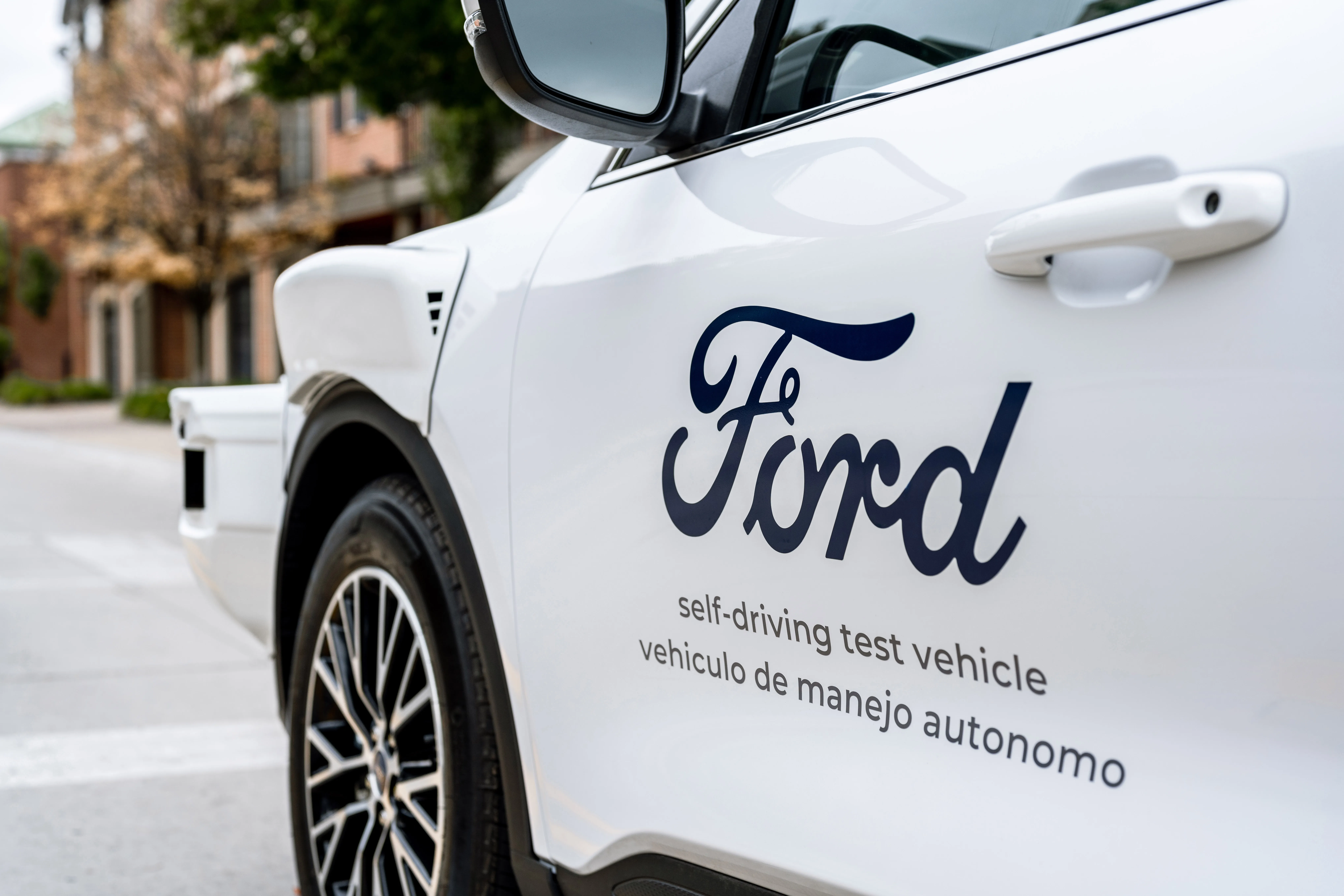Ford’s newly opened Research and Innovation Center Palo Alto, US, will drive the company’s innovation in connectivity, mobility, autonomous vehicles, customer experience and big data, it says.
The new research centre will continue the company’s work on autonomous vehicles, including ongoing work with University of Michigan and Massachusetts Institute of Technology. It will also expand collaboration with Stanford University that started in 2013 and will contribute a Fusion autonomous research vehicle to t
January 26, 2015
Read time: 2 mins
The new research centre will continue the company’s work on autonomous vehicles, including ongoing work with
The Palo Alto team has also developed a virtual test environment based on gaming software, called aDRIVE (Autonomous Driving Refined in Virtual Environments), that will test algorithms such as traffic sign recognition in dynamic driving situations. This allows for more aggressive time lines for validating driving algorithms to prepare for on-road testing.
As the next phase in Ford’s Remote Repositioning mobility experiment, the Palo Alto team is now testing the ability to drive vehicles located on Georgia Institute of Technology’s campus in Atlanta from the Bay Area to prove the new technology, which could help lead to more affordable and effective ways to manage car-sharing Initiatives, or park vehicles remotely as a new form of valet parking.
The all-new Research and Innovation Center Palo Alto joins Ford’s global network of research and innovation centres, including its location in Dearborn, Michigan, which focuses on advanced electronics, human-machine interface, materials science, big data and analytics; and Aachen, Germany, which focuses on next-generation powertrain research, driver-assist technologies and active safety systems.
With the new facility, Ford expects to have one of the largest automotive manufacturer research centres in Silicon Valley by the end of the year, with 125 researchers, engineers and scientists.
“At Ford, we view ourselves as both a mobility and an auto company, as we drive innovation in every part of our business,” said Mark Fields, Ford Motor Company president and CEO.
“This new research center shows Ford’s commitment to be part of the Silicon Valley innovation ecosystem – anticipating customers’ wants and needs, especially on connectivity, mobility and autonomous vehicles. We are working to make these new technologies accessible to everyone, not just luxury customers.”








